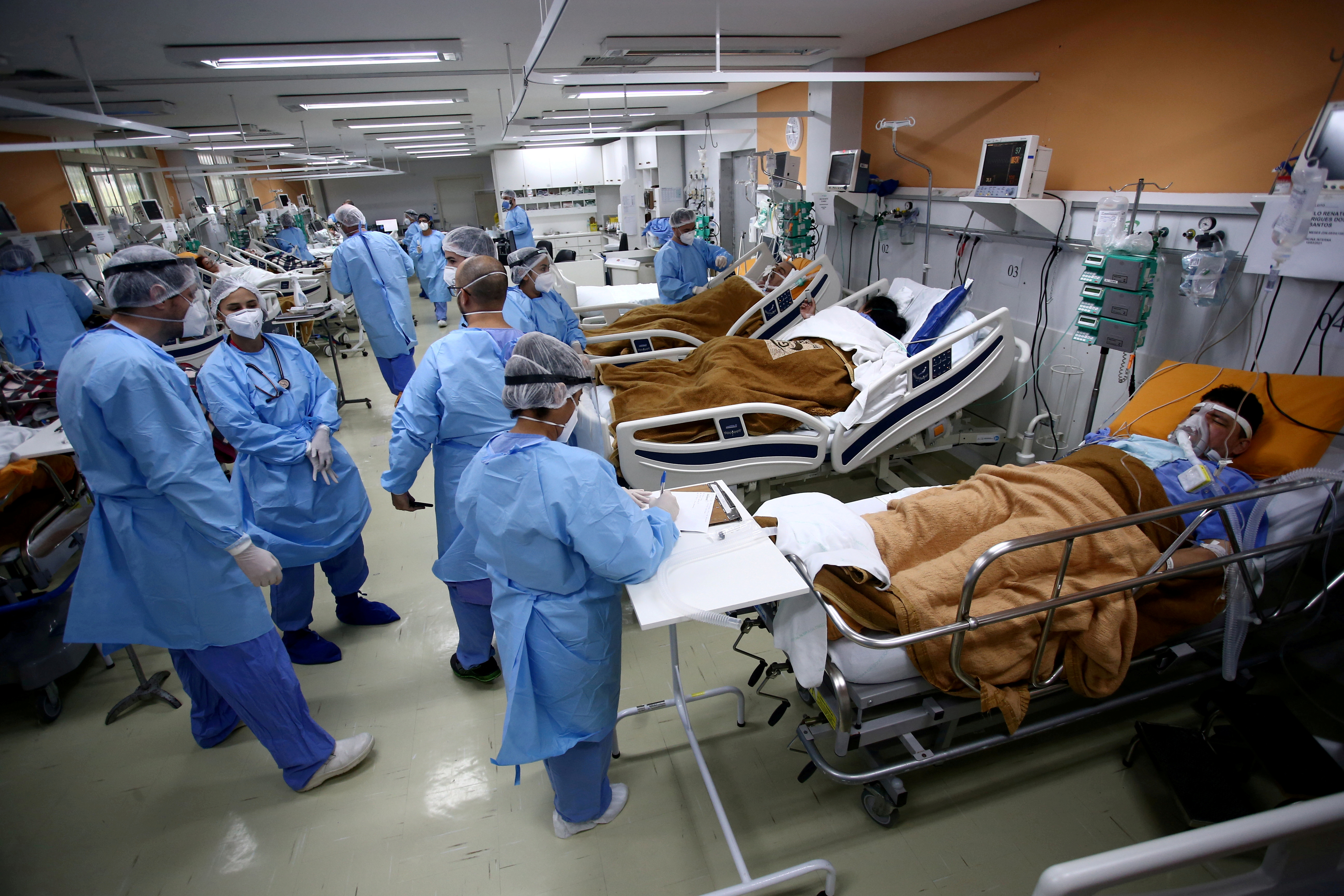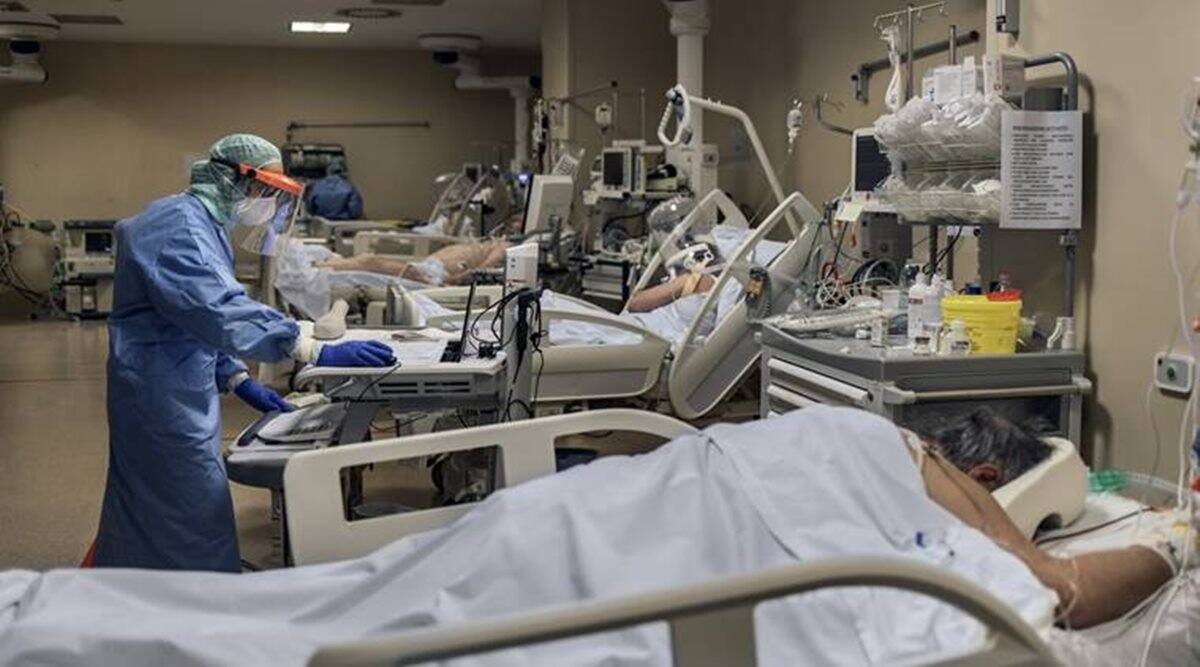Hospitals In National Capital Begin upscaling up the healthcare infrastructure For The Possible Third Wave Of COVID-19

The second wave of the COVID-19 pandemic shattered the medical health infrastructure of India to a great extent. Hospitals are on the look out for the third wave
Several doctors, health care workers lost their lives to the pernicious virus. That’s not it, even the graveyards and cemeteries faced an acute shortage as the death numbers kept brimming the dead bodies. The metro cities across India drew all the attention of the government bodies and authorities while rural India kept suffering from the virus. We all have witnessed the shambling medical health infrastructure of rural India wherein the hospitals are suffering to a great extent. Similarly, there is a poor medical supply to these villages and towns that makes more people suffer from the virus.

The national capital Delhi excruciated deeply as the virus shot up the positivity rate as high as 35% in the city. More than 11 thousand deaths were recorded from April-May, and the numbers are still increasing. But as a sigh of relief, Delhi has managed to overcome the second wave of COVID as the numbers are dipping every day. The capital, which was recorded more than 35000 cases in April, is now recording cases below 1000.
The positivity rate has also significantly dipped below 1%, making it extremely low as compared to the soaring high numbers in April. But the vaccine crisis continues to exist in the capital as there is still a shortage of vaccines for people between the 18-44 age group.
Delhi hospitals begin preparation for the 3rd wave.
As various scientists and doctors across the globe have confirmed the speculations regarding the arrival of the COVID-19 wave as a third wave, the Delhi government has started preparing for it. Several hospitals across the city have started ramping up the infrastructure to make sure that the children get ICU beds, important COVID-19 drugs, oxygen supply, as the third-wave can pose a threat to minors. A special task force has been set by the Delhi government to protect the children from the third wave.

The primary focus of the hospitals right now is to increase the number of ICU beds for the children. Dr. PK Bhardwaj, Executive Director of Saroj Super Specialty Hospital in Rohini, said the plan to improve infrastructure at the children’s ICU and the newborn ICU. The hospital was preparing for the infrastructure keeping in mind that the person who would be working would have to be kept with his or her child with Covid, he said. “Therefore, there will be two parts in the parent-child room,” said Dr. Bhardwaj.
The number of beds in the newborn unit will be increased from 10 currently to about 20. The capacity of the pediatric ICU and the unit of maximum reliability will be tripled, he added.

The procurement of oxygen cylinders, masks, high-flow nasal cannulas, ventilators has already been started by the hospitals. “We will increase the number of neonatologists and pediatricians in the hospitals to ensure the children’s safety,” Dr. Bharadwaj added. Any infected child below the age of 1 month can be admitted to a 40-bed neonatal ICU in hospitals.
“We expect more inflammation problems in children and increase our technical support and take steps to ensure adequate drug and oxygen supply,” he said. The hospital is likely to build oxygen storage facilities on its premises and may be able to meet with neighboring hospitals with oxygen plants, he said. Sources close to the PTI from Indraprastha Apollo hospitals said the hospital has available arrangements with two vendors who will meet any growing demand for medical fluids in the future.
With the French government’s support, the hospitals have installed oxygen generators that can also fill the oxygen in cylinders. The LMO generator plants will also be installed as per the directions of the Delhi High Court and the Delhi government.




